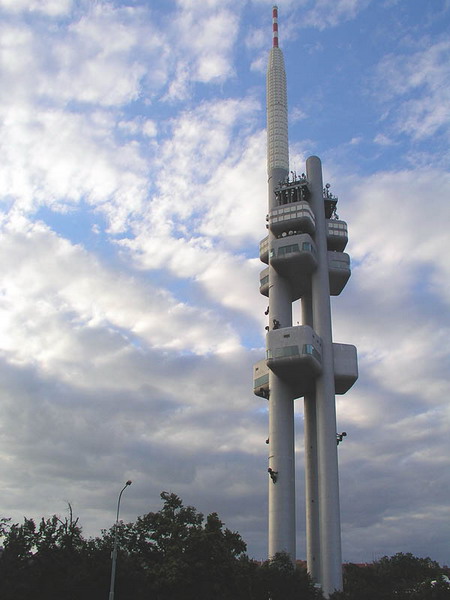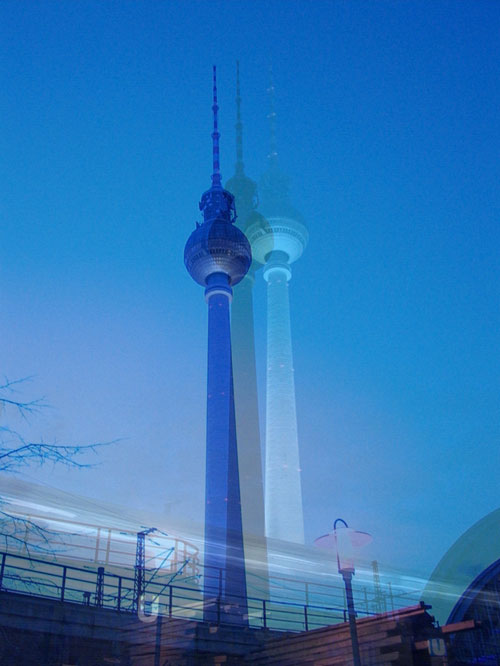My final full day of the trip consists mainly of me languishing in front of the Olympics on Eurosport in the hostel.
Having no money in a foreign country is a slightly worrying prospect, especially when your phone is out of battery and the only way of communicating with the outside world is email, which itself costs one euro per twenty minutes.
Fortunately, the hostel lays on legitimately free tea and not so legitimate free bread and fruit (purloined from the open kitchen window) and so I wile away the best part of the day reading and scribbling some notes against a backdrop of basketball and weightlifting with German commentary. How Romantic.
i finally drag my sorry self out into the streets to be met by throngs of bustling tourists, clogging up the Marienplatz hoping to catch a glimpse of the Rathaus' clock striking the hour. The heretofore good weather was swiftly supplanted by a humid downpour and I am forced to take shelter in the colonnades of the Hofbrauhaus.
This was tantamount to Chinese water torture - listening to the grey rain spatter on to the cobblestones as I, dripping wet, stared through the window at at rotund Bavarian couple enjoying foaming litres of beer and a suspiciously large sausage.
Coming to the conclusion that I manage to get by without much money and with much temptation in London all the time, I wander back to the hostel and spend my last five euros on a couple of beers in front of Eurosport. That I've already watched Poland lose to China in the women's volleyball three times today does little to brighten my mood.
The final irony as I trudge to my night train is that tonight - the one night I can't be sociable and meet new people - appears to be the friendliest night so far. Three separate parties (several American men, two American women and an Australian couple) approach me offering to buy drinks and issuing invites for a night on the tile. There is, I hope, no discernible pity in their faces.
Where were all the nice young people yesterday, when I wandered the sedate Munich streets in the vain hope of meeting a drinking buddy, before giving up early and reading in bed?
My compartment is full, there is nowhere to put my feet owing to a large woman's even larger bag blocking the floor, and an eminently punchable Dutchman will not stop fidgeting.









































